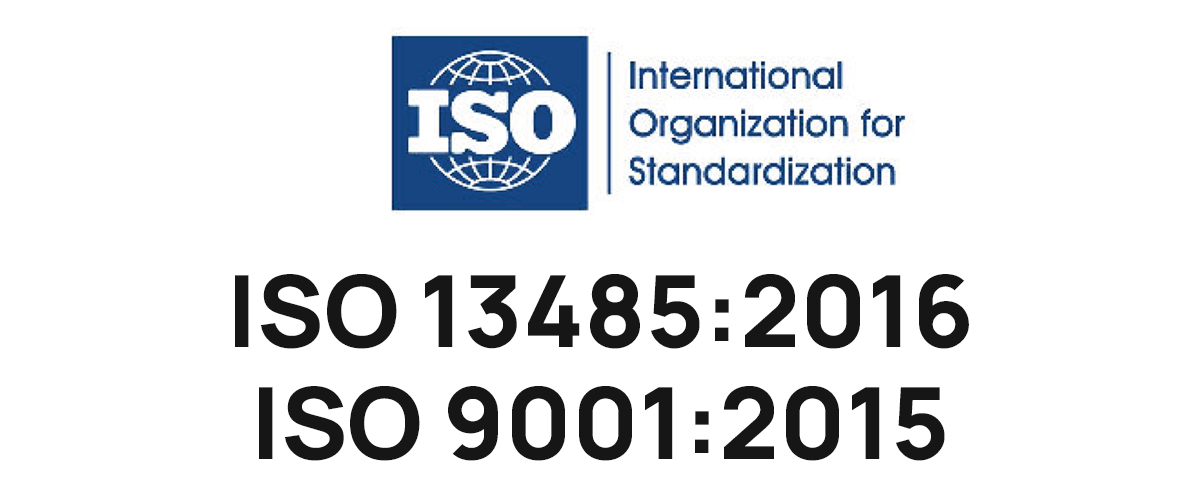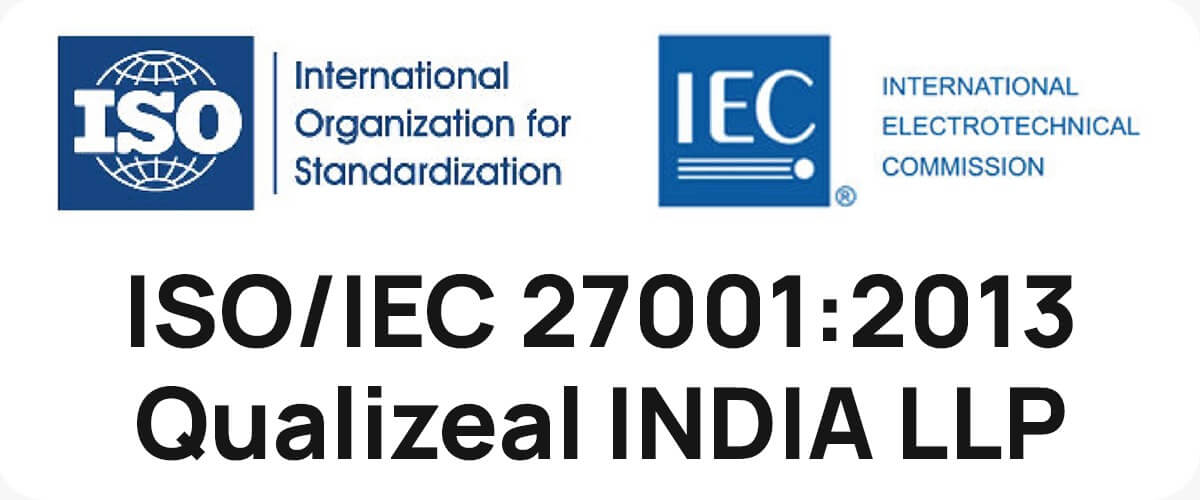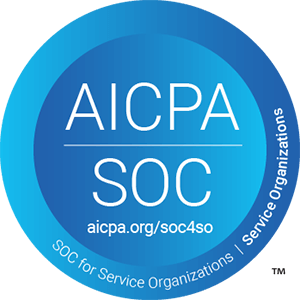In the dynamic landscape of financial operations, the incorporation of Robotic Process Automation (RPA) emerges as a game-changer for revolutionizing the Bank Reconciliation Process. Leveraging real-time design and execution through automated bots, this groundbreaking solution stands poised to make a substantial impact. Manual efforts, errors, and operational costs are expected to witness a remarkable reduction.
According to a study by Deloitte, organizations implementing RPA in finance experience an average efficiency gain of 40%, while error rates plummet by 33%.
Deloitte, “The robots are waiting,” 2017
In this blog, we will delve into the intricacies of the problem statement, explore existing alternatives, and unveil a comprehensive RPA-based approach. Moreover, we will highlight key success factors and demonstrate how the Return on Investment (ROI) can be effectively measured both before and after the implementation of RPA.

Optimizing Bank Reconciliation Through Real-Time RPA: A Paradigm Shift in Financial Efficiency
The Imperative for Automation in Bank Reconciliation
In the ever-evolving landscape of financial management, the bank reconciliation process holds a pivotal role in ensuring accuracy and transparency. Traditionally, this critical task has been marred by the burden of manual efforts, susceptibility to errors, and soaring operational costs. According to a report by McKinsey & Company, manual reconciliation processes can consume up to 20% of a financial institution’s operational budget, hampering overall efficiency and diverting resources from more strategic endeavors (McKinsey & Company, “Banking on Technology: Time to reboot bank reconciliation,” 2018).
The Challenge of Manual Efforts
Manual reconciliation is not only time-consuming but is also prone to human errors, leading to discrepancies in financial records. The intricate nature of reconciling vast sets of data, transactions, and statements demands a meticulous approach that is inherently challenging for human resources alone.
Escalating Operational Costs
In the traditional paradigm, the bank reconciliation process demands a substantial workforce to manually match transactions, verify discrepancies, and rectify errors. This labor-intensive approach not only escalates operational costs but also introduces a risk factor for inaccuracies. The costs associated with hiring and training personnel, coupled with the potential for financial discrepancies, underscore the urgent need for a transformative solution.
The Rise of Robotic Process Automation (RPA)
Acknowledging the inefficiencies inherent in manual reconciliation, the financial sector is increasingly turning to Robotic Process Automation (RPA) to streamline and optimize the process. RPA introduces a paradigm shift by automating routine, rule-based tasks with software bots. These bots, programmed to mimic human actions, can handle large volumes of data with unparalleled speed and accuracy.
Real-Time Design and Execution
One of the key strengths of RPA in the context of bank reconciliation is its ability to operate in real-time. Unlike manual efforts that often involve delays and backlogs, RPA ensures swift data processing and reconciliation, contributing to enhanced operational efficiency.
Significantly Reducing Errors
The accuracy of financial records is paramount, and RPA plays a pivotal role in minimizing errors associated with manual reconciliation. According to a study by Accenture, organizations that leverage RPA in finance experience a 23% reduction in error rates, leading to a more reliable and trustworthy financial reporting system (Accenture, “Finance Redefined: Optimizing Data, Automation, and People,” 2020).
Operational Efficiency Gains
RPA introduces a level of efficiency that goes beyond error reduction. Organizations embracing RPA in financial processes report a substantial increase in efficiency, with tasks being completed up to four times faster than traditional manual methods (PwC, “Financial Services Technology 2020 and Beyond: Embracing disruption,” 2019).
In the subsequent sections, we will delve deeper into the problem statement, explore existing alternatives, and unveil a comprehensive RPA-based approach. Moreover, we will highlight key success factors and demonstrate how the Return on Investment (ROI) can be effectively measured both before and after the implementation of RPA. The amalgamation of technological prowess and financial acumen is set to redefine the landscape of bank reconciliation, establishing a new standard for operational excellence.

Redefining Excellence in Bank Reconciliation with QualiZeal’s RPA Services
In the ever-evolving landscape of financial operations, QualiZeal emerges as a beacon of innovation, ushering in a new era of efficiency and accuracy in bank reconciliation. Our Robotic Process Automation (RPA) services stand at the forefront of transformative solutions, addressing the complexities of financial processes with unparalleled precision.
Unmatched Precision and Speed
At QualiZeal, we understand the imperative for precision in financial operations. Our RPA services operate with surgical precision, swiftly navigating the intricate web of transactions and discrepancies. The result is a bank reconciliation process that not only meets industry standards but sets new benchmarks for speed and efficiency.
Scalability and Adaptability at its Core
As financial ecosystems evolve, QualiZeal’s RPA services seamlessly adapt to changing scenarios. The scalability inherent in our services ensures that your bank reconciliation process remains agile, effortlessly accommodating growing transaction volumes without compromising on accuracy.
Exceptional Integration Capabilities
Integration with existing legacy systems is often a stumbling block in adopting new technologies. QualiZeal’s RPA services, designed with a modular approach, seamlessly integrate with your legacy systems, ensuring a harmonious transition to automated reconciliation without disrupting your established infrastructure.
Cost-Effective Operational Excellence
QualiZeal’s RPA services translate into tangible cost savings for financial institutions. By automating intricate tasks, we reduce manual efforts, mitigate errors, and contribute to overall operational efficiency. Our services are not just a technological upgrade; they are a strategic investment in the financial health of your institution.
In embracing QualiZeal’s RPA services, you’re not just adopting cutting-edge technology – you’re future-proofing your financial processes. Our commitment to excellence redefines the paradigm of bank reconciliation. Elevate your financial operations with QualiZeal, where precision meets innovation, and excellence becomes the new standard.












